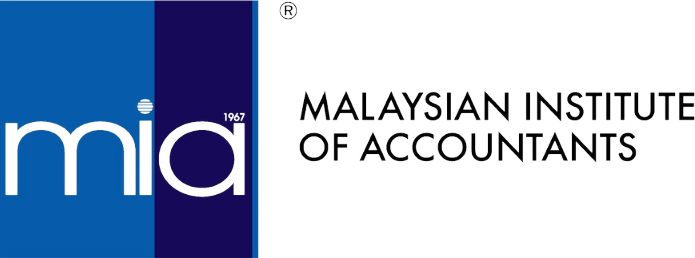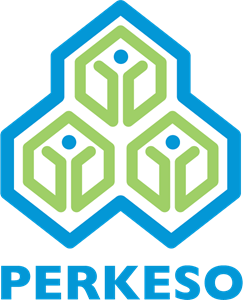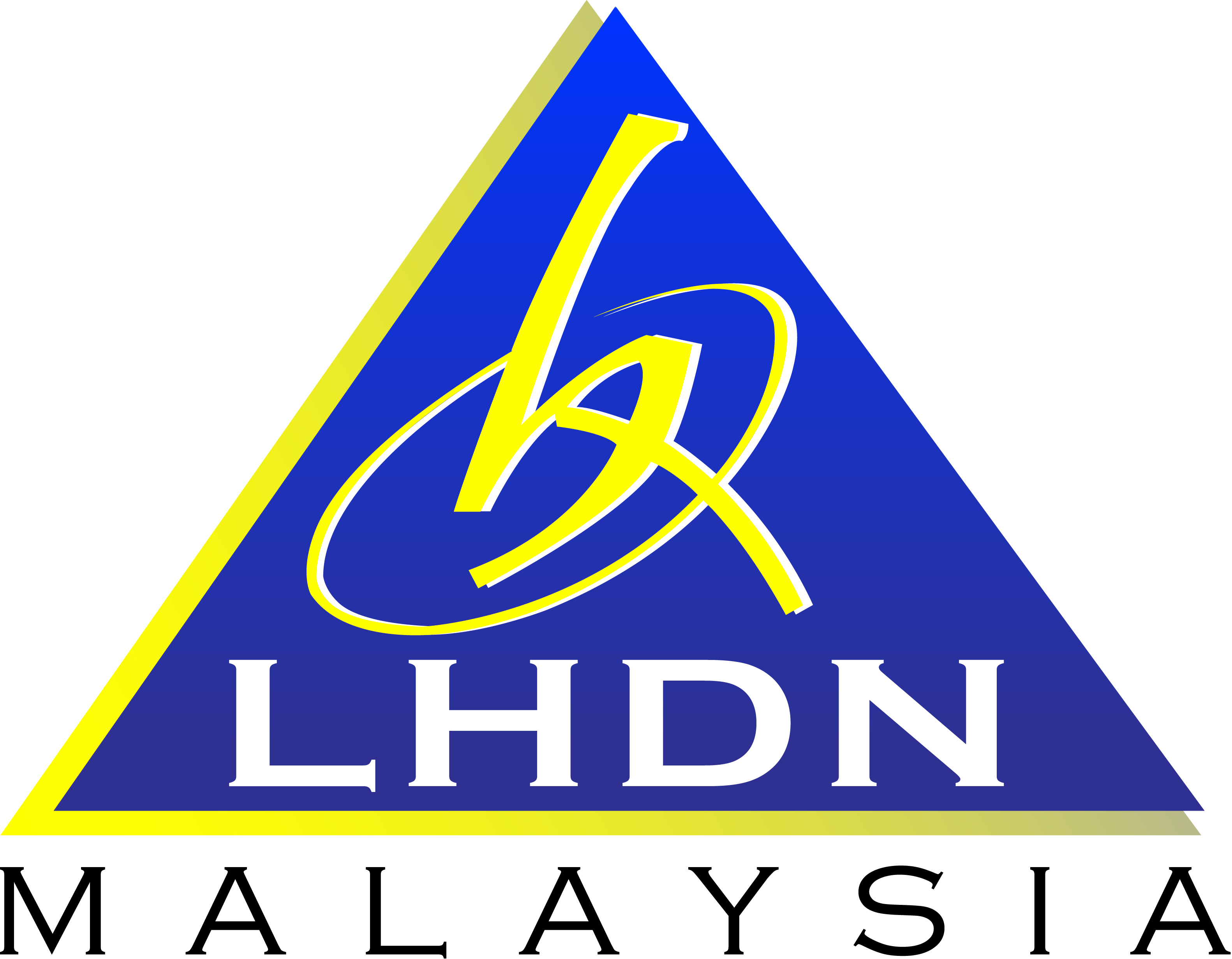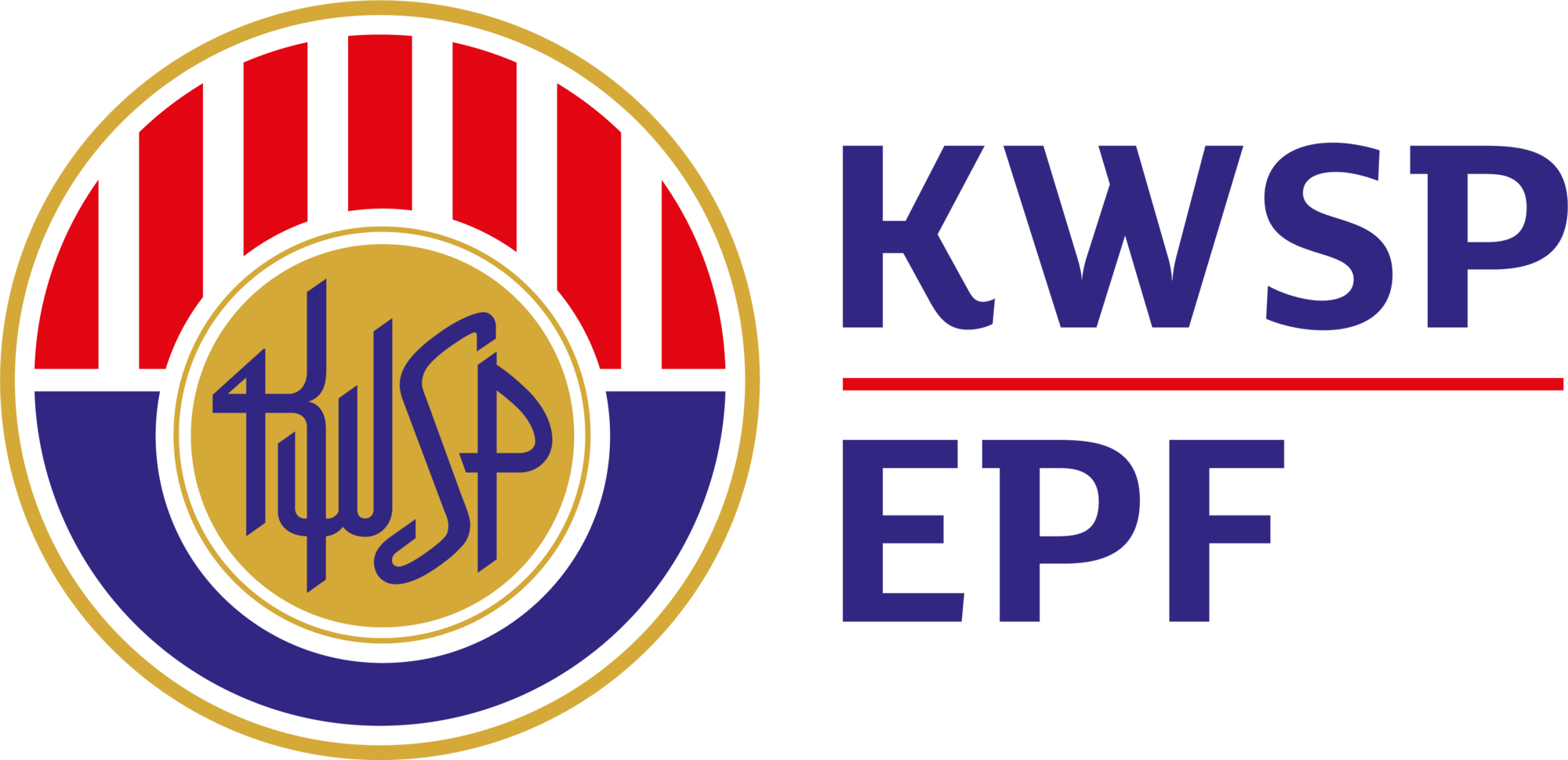Navigating payroll in Malaysia can be complex, especially with various local terms and acronyms. Understanding these concepts is essential for business owners to ensure compliance and seamless payroll management. This glossary provides clear definitions of common Malaysian payroll terms to help you stay informed and compliant.
Key Malaysian Payroll Terms and Acronyms
1. EPF (Employees Provident Fund)
The EPF is a mandatory retirement savings scheme for employees in Malaysia. Both employers and employees contribute a percentage of the employee’s salary to the fund, which provides financial security for retirement.
2. SOCSO (Social Security Organization)
SOCSO manages Malaysia’s social security system, providing benefits such as injury compensation and disability insurance. Employers are required to register their employees and contribute to SOCSO on their behalf.
3. EIS (Employment Insurance System)
The EIS supports employees who lose their jobs by providing temporary financial assistance and retraining programs. Like SOCSO, EIS contributions are mandatory for both employers and employees.
4. PCB (Potongan Cukai Bulanan)
PCB refers to the monthly tax deduction system in Malaysia. Employers deduct income tax from employees’ salaries based on tax rates set by the Inland Revenue Board (LHDN).
5. LHDN (Lembaga Hasil Dalam Negeri)
LHDN, or the Inland Revenue Board of Malaysia, is responsible for collecting taxes, including income tax and corporate tax. Employers must remit PCB and other taxes to LHDN.
6. Form EA
Form EA is an annual statement issued by employers summarizing an employee’s total income, allowances, and deductions. Employees use this form to file their income tax returns.
7. Zakat
Zakat is a form of charitable contribution required in Islam. In Malaysia, employees can request their employers to deduct zakat from their salaries, which is recognized as a tax rebate by LHDN.
8. HRDF (Human Resources Development Fund)
HRDF is a fund to encourage employee training and development. Applicable to certain industries, employers must contribute 1% of their employees’ monthly salaries to HRDF.
9. Minimum Wage
The minimum wage in Malaysia is set by the government and varies depending on location. Employers must adhere to the latest regulations to ensure compliance.
10. Overtime (OT)
Overtime refers to additional hours worked beyond the standard work hours. Malaysian labor laws regulate overtime rates, typically 1.5x, 2x, or 3x the hourly wage depending on the situation.
11. Annual Leave
Annual leave refers to the paid leave entitlement of employees, which is governed by the Malaysian Employment Act. The entitlement depends on the employee’s length of service.
12. Fixed Allowance
A fixed allowance is a predetermined, consistent payment provided to employees, such as transportation or housing allowances. It is considered part of taxable income.
13. Gross Salary
Gross salary is the total remuneration before deductions such as EPF, SOCSO, EIS, and PCB. It includes basic salary, allowances, bonuses, and overtime pay.
14. Net Salary
Net salary is the take-home pay employees receive after all statutory deductions, such as EPF, SOCSO, and PCB.
15. PRS (Private Retirement Scheme)
PRS is a voluntary long-term investment plan designed to help individuals supplement their retirement savings in addition to the mandatory EPF contributions.
16. Shift Allowance
A shift allowance is an extra payment made to employees who work irregular hours, such as night shifts or weekend schedules.
17. Medical Leave (MC)
Medical leave, or MC, is paid leave granted to employees who are unable to work due to illness. Employees must provide a medical certificate from a registered doctor.
18. Bonus
A bonus is an additional payment made to employees, often as a reward for performance or as part of a contractual agreement. Bonuses are subject to PCB deductions.
19. Expat Levy
Employers hiring foreign workers in Malaysia must pay an annual levy to the government. The levy amount varies depending on the sector and type of employment.
20. Non-Resident Tax
Foreign employees classified as non-residents in Malaysia are subject to a flat income tax rate, which differs from the progressive rates applied to residents.
Why Understanding Malaysian Payroll Terms is Crucial for Business Owners
For business owners, mastering payroll terms is essential to:
- Ensure Compliance:
Avoid penalties and legal issues by adhering to Malaysian labor laws and tax requirements. - Accurate Payroll Processing:
Manage employee payments and statutory contributions effectively. - Improve Employee Satisfaction:
Transparent payroll practices build trust with employees.
Simplify Payroll with Amaze Payroll
At Amaze Payroll, we specialize in helping businesses, especially SMEs, navigate Malaysia’s complex payroll landscape. From EPF and SOCSO contributions to managing PCB deductions, we ensure your payroll processes remain compliant and hassle-free.
Contact Amaze Payroll today to learn more about our tailored payroll solutions for Malaysian businesses.
Conclusion
Understanding payroll terms and acronyms is a critical step toward effective business management in Malaysia. This glossary serves as a valuable resource for business owners, ensuring you’re equipped to manage payroll processes confidently and comply with local regulations.
Disclaimer
This article provides general information and may not reflect the latest regulatory changes. For specific advice, consult a payroll expert or official resources. Amaze Payroll is not liable for actions taken based on this article.









